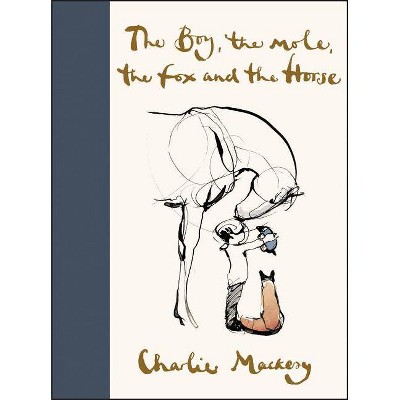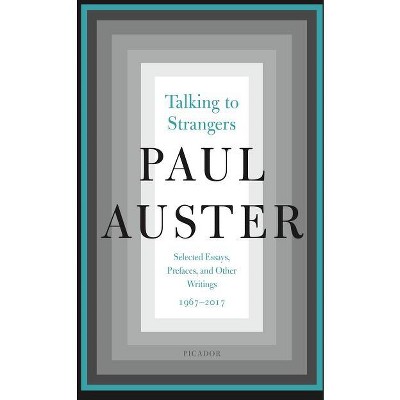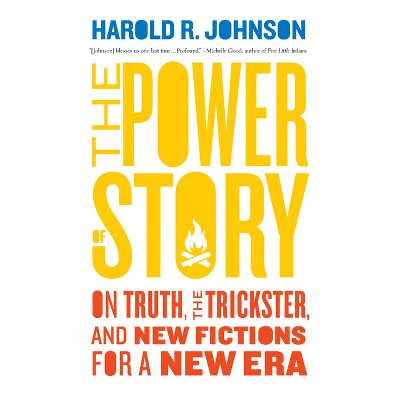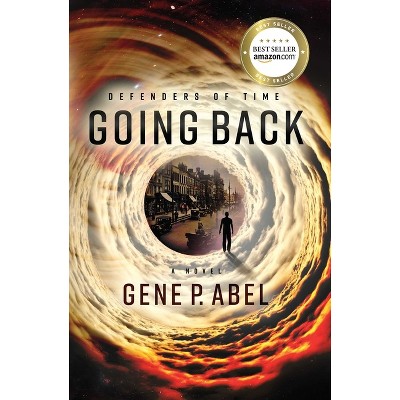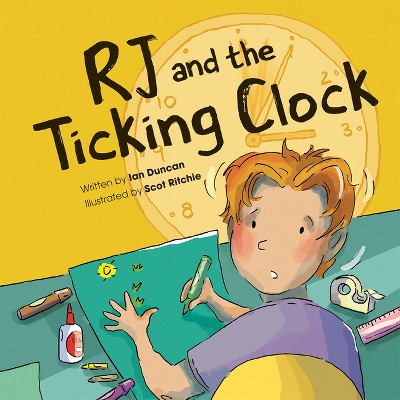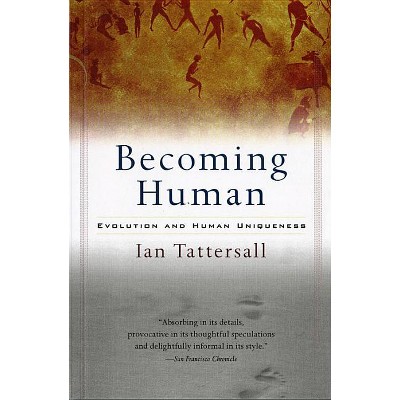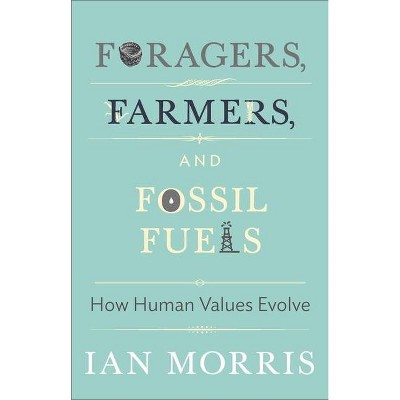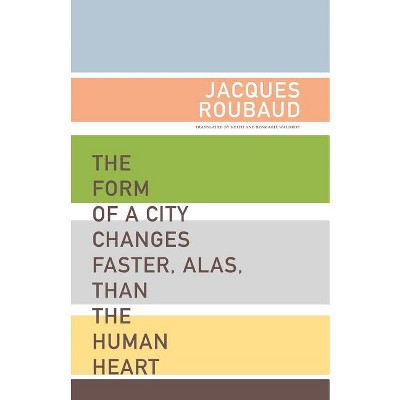Sponsored

Human Forms - by Ian Duncan
$39.95Save $2.05 (5% off)
In Stock
Eligible for registries and wish lists
Sponsored
About this item
Highlights
- A major rethinking of the European novel and its relationship to early evolutionary science The 120 years between Henry Fielding's Tom Jones (1749) and George Eliot's Middlemarch (1871) marked both the rise of the novel and the shift from the presumption of a stable, universal human nature to one that changes over time.
- About the Author: Ian Duncan is professor and Florence Green Bixby Chair in English at the University of California, Berkeley.
- 304 Pages
- Literary Criticism, European
Description
About the Book
Duncan reorients readers' understanding of the novel's formation during its cultural ascendancy, arguing that fiction produced new knowledge in a period characterized by the interplay between literary and scientific discourses--even as the two were separating into distinct domains.ains.Book Synopsis
A major rethinking of the European novel and its relationship to early evolutionary science
The 120 years between Henry Fielding's Tom Jones (1749) and George Eliot's Middlemarch (1871) marked both the rise of the novel and the shift from the presumption of a stable, universal human nature to one that changes over time. In Human Forms, Ian Duncan reorients our understanding of the novel's formation during its cultural ascendancy, arguing that fiction produced new knowledge in a period characterized by the interplay between literary and scientific discourses--even as the two were separating into distinct domains. Duncan focuses on several crisis points: the contentious formation of a natural history of the human species in the late Enlightenment; the emergence of new genres such as the Romantic bildungsroman; historical novels by Walter Scott and Victor Hugo that confronted the dissolution of the idea of a fixed human nature; Charles Dickens's transformist aesthetic and its challenge to Victorian realism; and George Eliot's reckoning with the nineteenth-century revolutions in the human and natural sciences. Modeling the modern scientific conception of a developmental human nature, the novel became a major experimental instrument for managing the new set of divisions--between nature and history, individual and species, human and biological life--that replaced the ancient schism between animal body and immortal soul. The first book to explore the interaction of European fiction with "the natural history of man" from the late Enlightenment through the mid-Victorian era, Human Forms sets a new standard for work on natural history and the novel.Review Quotes
"[An] exhilarating study which follows in the footsteps of Gillian Beer, Sally Shuttleworth, and George Levine in exploring the resonances between nineteenth-century literature and science."---David Womersley, Studies in English Literature, 1500-1900
"Duncan teases out, in intimate detail, the deep engagement between putatively Romantic and Victorian modes of thought and writing. This insight should give present studies of the novel renewed urgency. . . . Human Forms casts a bright light on the nineteenth-century novel not simply as an accessory to scientific thought, but as a powerful instrument for formulating questions about the status of the human as a social and biological problem"---Devin Griffiths, Modern Philology
"Duncan's study is a wide ranging, superbly researched and brilliantly written account of the ways in which the history of the novel is interwoven with the emergence of the new discourse of 'natural'history, and its logic of an organic transformation of forms and kinds.' . . . . Human Forms is a rich and brilliant examination of the complex dynamics between the history of scientific ideas and the development of the novel and, as such, will be invaluable to all those interested in Victorian fiction."---Iain Crawford, Dickens Quarterly
About the Author
Ian Duncan is professor and Florence Green Bixby Chair in English at the University of California, Berkeley. His books include Scott's Shadow: The Novel in Romantic Edinburgh (Princeton).Dimensions (Overall): 9.2 Inches (H) x 6.4 Inches (W) x 1.3 Inches (D)
Weight: 1.4 Pounds
Suggested Age: 22 Years and Up
Number of Pages: 304
Genre: Literary Criticism
Sub-Genre: European
Publisher: Princeton University Press
Theme: General
Format: Hardcover
Author: Ian Duncan
Language: English
Street Date: September 3, 2019
TCIN: 88927094
UPC: 9780691175072
Item Number (DPCI): 247-55-8049
Origin: Made in the USA or Imported
If the item details aren’t accurate or complete, we want to know about it.
Shipping details
Estimated ship dimensions: 1.3 inches length x 6.4 inches width x 9.2 inches height
Estimated ship weight: 1.4 pounds
We regret that this item cannot be shipped to PO Boxes.
This item cannot be shipped to the following locations: American Samoa (see also separate entry under AS), Guam (see also separate entry under GU), Northern Mariana Islands, Puerto Rico (see also separate entry under PR), United States Minor Outlying Islands, Virgin Islands, U.S., APO/FPO
Return details
This item can be returned to any Target store or Target.com.
This item must be returned within 90 days of the date it was purchased in store, shipped, delivered by a Shipt shopper, or made ready for pickup.
See the return policy for complete information.
Frequently bought together

$13.99 - $30.40
MSRP $25.00 - $40.00
4.4 out of 5 stars with 200 ratings
Trending Paperback Books

$9.85 - $26.84
MSRP $15.99 - $32.99
4.8 out of 5 stars with 157 ratings

$19.99 - $20.58
MSRP $19.99 - $30.00
5 out of 5 stars with 6 ratings
